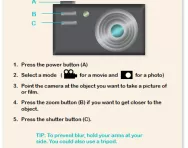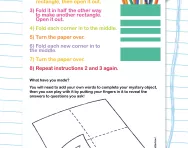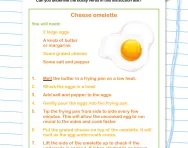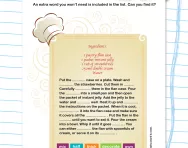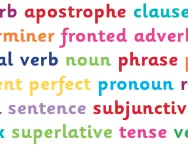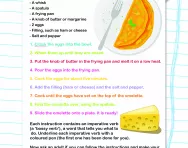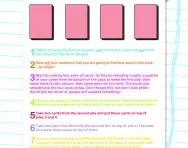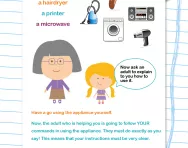Important update from TheSchoolRun
For the past 13 years, TheSchoolRun has been run by a small team of mums working from home, dedicated to providing quality educational resources to primary school parents. Unfortunately, rising supplier costs and falling revenue have made it impossible for us to continue operating, and we’ve had to make the difficult decision to close. The good news: We’ve arranged for another educational provider to take over many of our resources. These will be hosted on a new portal, where the content will be updated and expanded to support your child’s learning.
What this means for subscribers:
- Your subscription is still active, and for now, you can keep using the website as normal — just log in with your usual details to access all our articles and resources*.
- In a few months, all resources will move to the new portal. You’ll continue to have access there until your subscription ends. We’ll send you full details nearer the time.
- As a thank you for your support, we’ll also be sending you 16 primary school eBooks (worth £108.84) to download and keep.
A few changes to be aware of:
- The Learning Journey weekly email has ended, but your child’s plan will still be updated on your dashboard each Monday. Just log in to see the recommended worksheets.
- The 11+ weekly emails have now ended. We sent you all the remaining emails in the series at the end of March — please check your inbox (and spam folder) if you haven’t seen them. You can also follow the full programme here: 11+ Learning Journey.
If you have any questions, please contact us at [email protected]. Thank you for being part of our journey it’s been a privilege to support your family’s learning.
*If you need to reset your password, it will still work as usual. Please check your spam folder if the reset email doesn’t appear in your inbox.
What are imperative verbs?
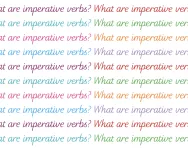
What is an imperative verb?
Verbs are words which express actions.
An imperative verb is one that tells someone to do something, so that the sentence it is in becomes an order or command. For example in this sentence (a command, outlining an action that must be done):
Fold your clothes up.
the imperative verb is 'fold'.
Imperative verbs are used in instruction manuals and recipes, for example:

When are chilren taught about imperative verbs?
Children are introduced to imperative verbs (also known as "bossy verbs"!) in Year 2 grammar lessons.
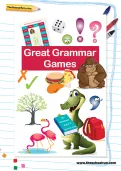
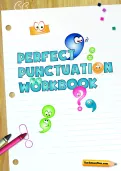
Download Fantastic FREE Grammar Resources!
- Perfect Punctuation Workbook
- Grammar Games Pack
- PLUS 100s of other grammar resources
What are children taught about using imperatives at primary school?
Children are taught to write instruction texts in both KS1 and KS2.
The unit of learning may start with them being shown a variety of instruction texts. The teacher will explain to children that some verbs are used in a way that tells someone how to do something; these verbs turn the sentence into a command or order.
Children may be asked to go through, identify and highlight the imperative verbs in the text. They may recognise that imperative verbs are usually used at the start of a sentence.
Some children, therefore, may see a command like this:

and identify the word 'slowly' as an imperative verb because it is at the beginning of the sentence. 'Slowly' is actually an adverb, describing how an action is done.
Teachers will also show children how instructions are set out (with bullet points, numbers and pictures).

A good way to support children in writing their own instructions is for a teacher to ask the children to carry out an activity, such as making a sandwich, playing a game or performing a magic trick. Once children have done this, they will be asked to write their own instructions relating to the activity they have carried out. They will be asked to use imperative verbs, bullet points, numbers and pictures in their writing as they have been shown.
As children move up the school, teachers may increase the challenge of writing instructions, by asking children to write instructions for more complex tasks or suggesting that they include adverbs in their writing.
How will children be tested on imperative verbs in SATs?
Children are often tested on commands in the Year 2 Grammar, Punctuation and Spelling test (a command contains an imperative verb). To test their knowledge of commands, they may be given four sentences and asked to pick out the one that is a command.
In the Year 6 Grammar, Punctuation and Spelling test, children may have to answer questions on imperative verbs. For example, they may be given a sentence and asked to underline the imperative verb.

